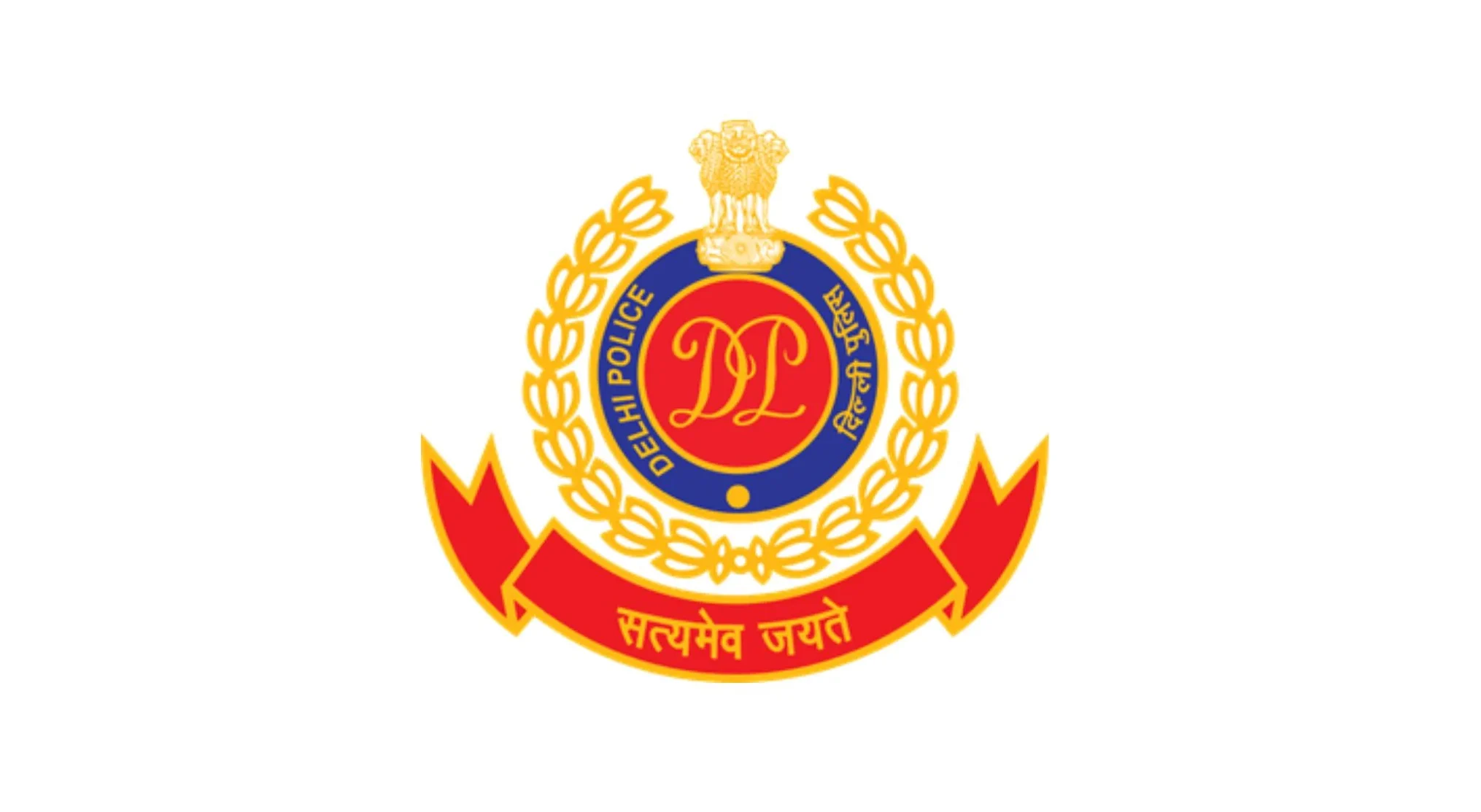the Delhi Police is all set to launch a special unit dedicated to cases under the Maharashtra Control of Organised Crime Act (MCOCA). This specialised division will focus exclusively on identifying, investigating, and dismantling gang operations that continue to thrive despite repeated crackdowns by law enforcement.
FCRF Launches CCLP Program to Train India’s Next Generation of Cyber Law Practitioners
A Focused Approach To Handle Gangsters And Crime Networks
Senior officials confirmed that the move comes after several high-profile cases revealed the increasing involvement of organised syndicates in extortion, contract killings, and illegal trade across the National Capital Region. While Delhi Police has invoked MCOCA provisions in the past, the absence of a centralised team often led to delays in investigation and coordination. The new unit aims to bridge that gap, ensuring faster and more efficient prosecution of criminal gangs.
This initiative will operate under the supervision of the Special Cell, which already handles counter-terrorism and interstate crime cases. Officers with a proven track record in tackling organised crime will be deployed in the new unit. According to reports, the division will have its own intelligence-gathering mechanism, digital surveillance wing, and liaison network with other state police and central agencies.
Why A Separate MCOCA Unit Matters Now
The move signals Delhi Police’s growing recognition that organised crime in the city is becoming increasingly sophisticated, often operating with cross-border links. Criminals are using encrypted communication, hawala routes, and digital channels to conceal transactions and evade law enforcement. Having a dedicated MCOCA unit allows the police to pursue such cases with precision — tracing the money trail, building watertight cases, and ensuring long-term disruption of gang networks.
The initiative is expected to strengthen Delhi’s law enforcement framework and act as a deterrent to the rising nexus between local gangsters and interstate crime syndicates. Once operational, the unit will play a key role in restoring public confidence by sending a clear message — organised crime will no longer find safe ground in the national capital.


